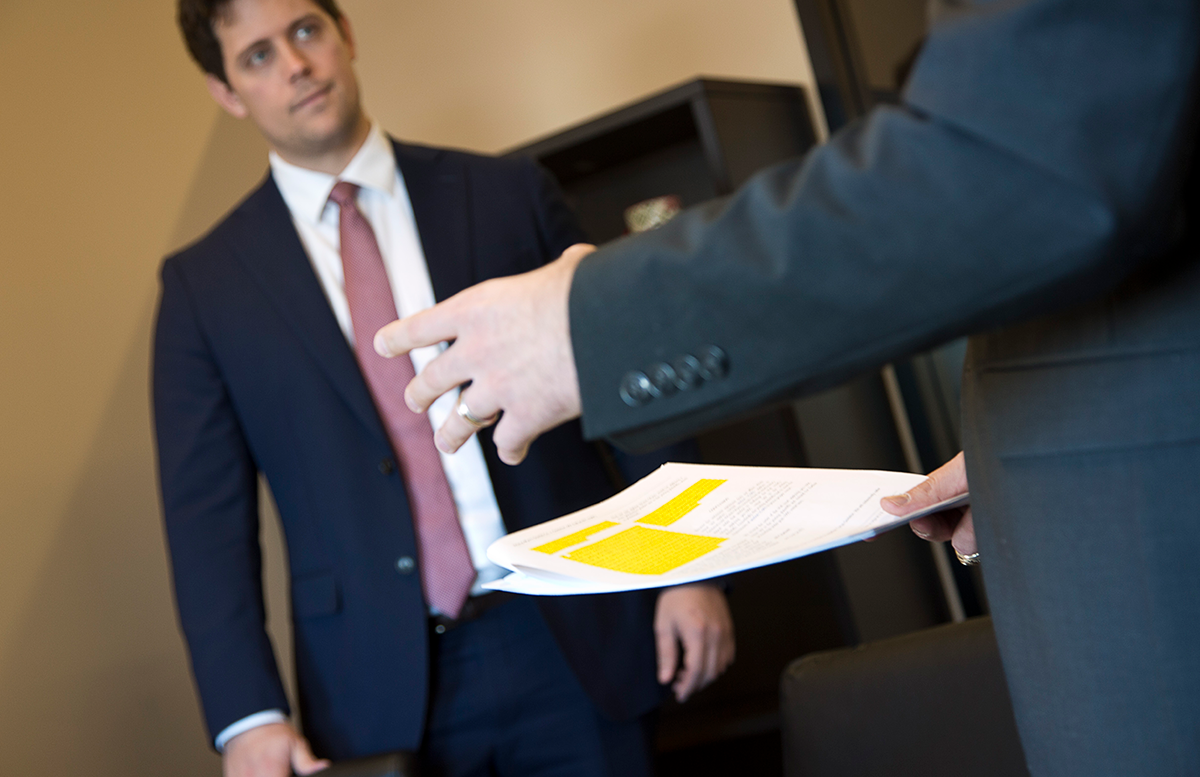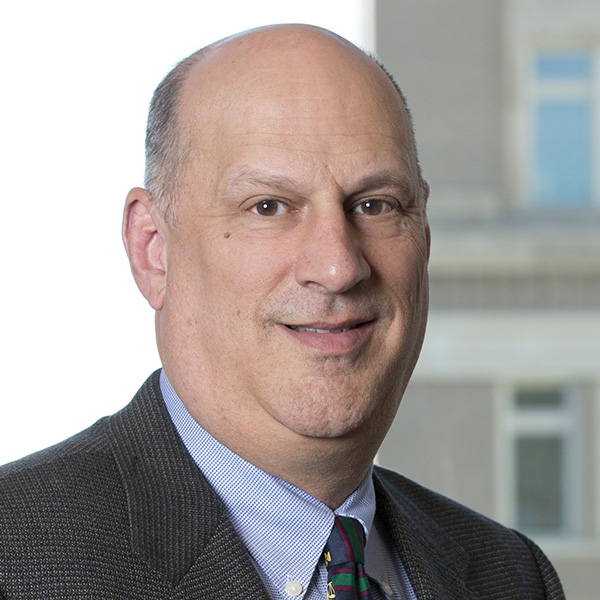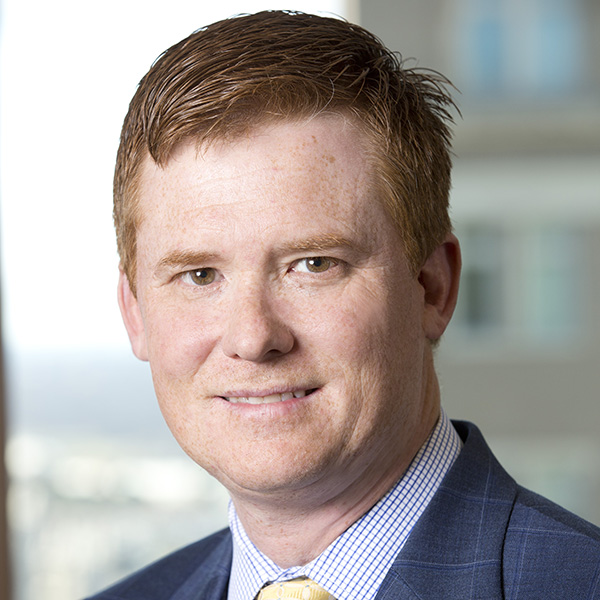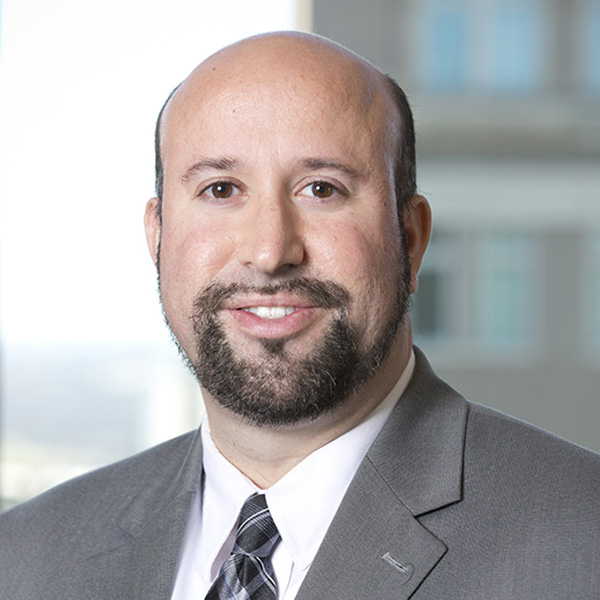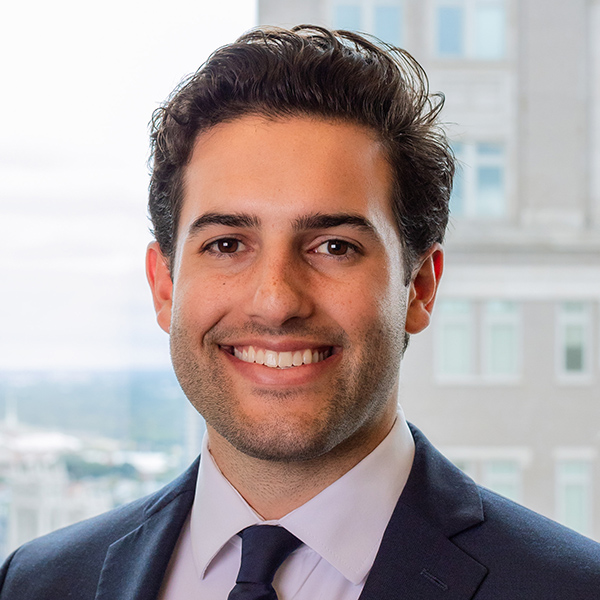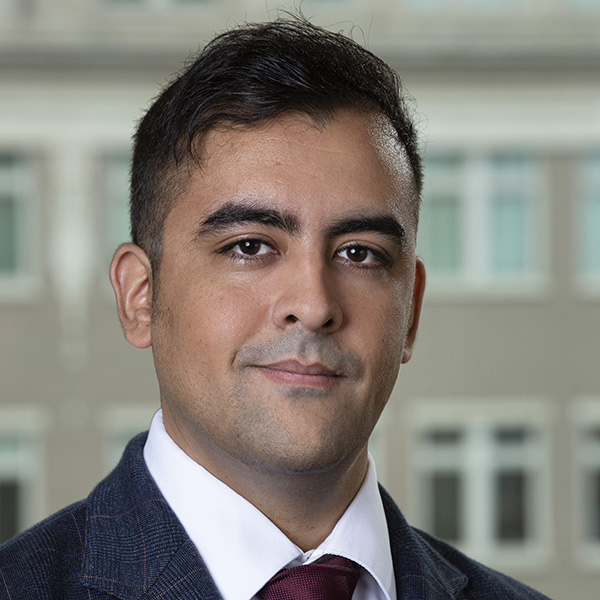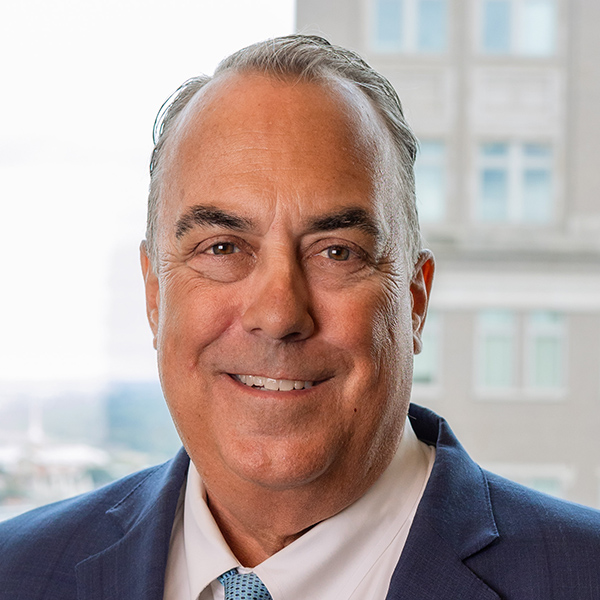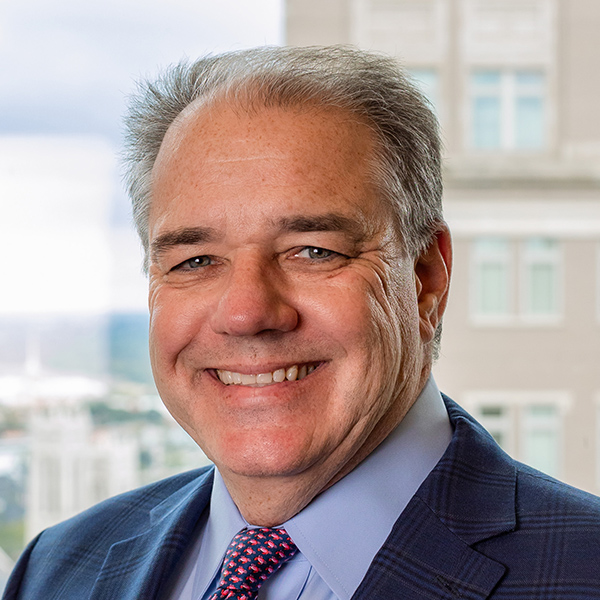- Attorneys
- Practice Areas
- Appellate Law
- Automotive Dealership Law
- Bankruptcy
- Business Law
- Construction Law
- Commercial Litigation
- Creditor’s Rights
- Employment Law
- Estate Planning
- Floorplan Finance
- General Counsel Services
- Judgment Enforcement and Collection
- Motor Vehicle and Auction Law
- Probate Litigation
- Real Estate
- Retail and Consumer Finance
- Sequestration and Replevin Law
- Specialty Finance
- About
- Cases

